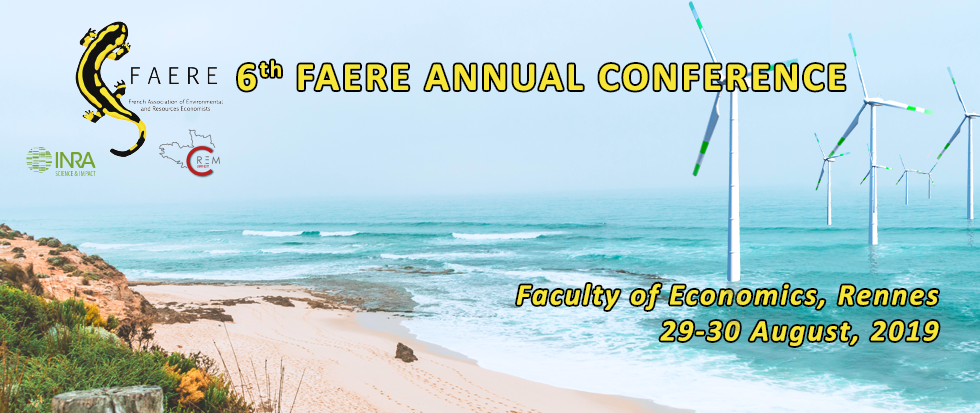Steering the climate system: an extended comment
2 : London School of Economics, Grantham Institute
(LSE)
-
Website
Hougton street, London WC2A 2AE -
Royaume-Uni
5 : Oxford
-
Website
OxCarre, Department of Economics, Manor Road Building, Manor Road, Oxford OX1 3UQ -
Royaume-Uni
6 : Institute for the Environment and Regional Development, Vienna University of Economics and Business
Institute for the Environment and Regional Development, Nordbergstrasse 15/Section B/Upper Level 4, A-1090 Vienna -
Autriche
7 : Potsdam Institute for Climate Impact Research
(PIK)
-
Website
P.O.Box 601203, 14412 Potsdam, Germany. -
Allemagne
8 : Potsdam-Institut für Klimafolgenforschung
(PIK)
-
Website
Telegraphenberg A 31, 14473 Potsdam -
Allemagne
9 : Potsdam Institute for Climate Impact Research
(PIK)
-
Website
Telegrafenberg A 31, 14473 Potsdam -
Allemagne
10 : London School of Economics and Political Science
(LSE)
-
Website
* : Corresponding author
Houghton Street, London WC2A 2AE -
Royaume-Uni
Lemoine and Rudik (2017) argue that it is efficient to delay reducing carbon emissions, because there is substantial inertia in the climate system. However, this conclusion rests upon misunderstanding the relevant climate physics: there is no substantial lag between CO2 emissions and warming, which policy could rely upon. Applying a mainstream climate physics model to the economics of Lemoine and Rudik (2017) invalidates the article's implications for climate policy: the cost-effective carbon price that limits warming to a range of targets including 2°C starts high and increases at the interest rate.



